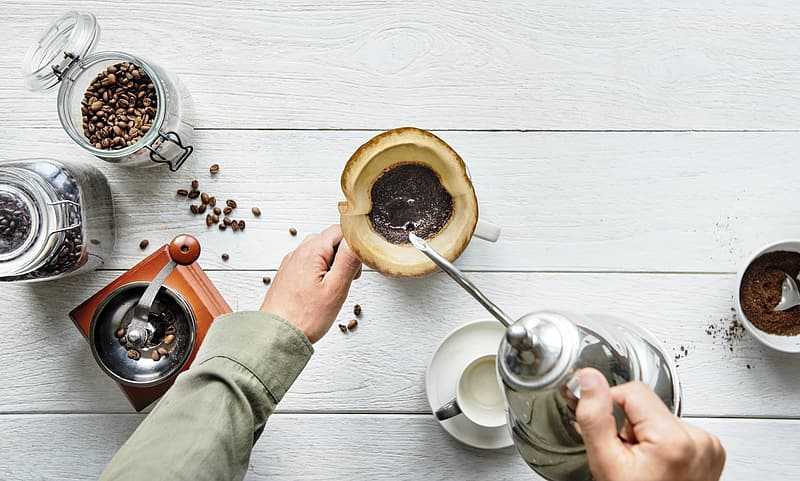TORONTO, Canada – With Americans encouraged to work from home, the pandemic is injecting some much needed new energy into coffee sales: a new research from Mintel suggests that the US at-home coffee market is set to grow by 4.9% this year alone to reach $15.6 billion, compared to a total of 3.9% growth experienced between 2015 – 2019.
Mintel’s consumer research also shows that as many as two in five (39%) Americans and Canadians (41%) are willing to pay more for premium coffee at home, with coffee drinkers clearly seeing the value of quality and flavor when it comes to getting their caffeine fix. It’s the foodservice branded coffees, e.g. Starbucks, Caribou, Peet’s, that are really flying off the shelves as Americans look to recreate their favorite brews at home – turning their kitchen into coffee shops.
Caleb Bryant, Associate Director, Food and Drink, Mintel, said:
“With consumers working from home and unable to visit their favorite coffee shops as a result of the pandemic, they have been honing in on their barista skills to get their coffee fix at home. They are also buying coffee shop branded coffee to recreate that authentic coffee shop experience.
“Despite the fact that many consumers are facing economic uncertainty, premium and foodservice-branded coffees have an opportunity to market themselves as affordable luxuries. The purse strings may need to tighten but a premium home-brewed coffee is still less expensive than drinks from a coffee shop.”
Gen Z – the RTD coffee generation
Leading the way in this at-home craze is Gen Z*, with 46% drinking ready-to-drink (RTD) coffees. Only 45% of Gen Z consumers drink ground coffee compared to 63% of Millennials**. Gen Zs have not yet adopted regular brewed coffee nor have they developed their preferred coffee brands: only 33% say they typically stick to the same brand of coffee, compared to 44% of Gen X and 50% of Baby Boomers. Coffee brands have the opportunity to build long-lasting loyalty among Gen Z consumers and can use flavored coffee varieties to appeal to young Gen Z consumers, as 42% of them are interested in unique flavors of coffee.
“Gen Zs in particular are set to adopt the trend for enjoying specialty coffee at home. Before COVID-19, many Gen Z consumers bought their coffees out, treating themselves to cold coffees from their preferred coffee chain. But with these younger consumers experiencing the sharpest rise in unemployment and already on lower incomes, they are the most price-sensitive to coffee drinks. We’re likely to see Gen Zs reduce their coffee shop purchases, possibly dramatically depending on the severity of the recession, giving retail coffee brands a golden opportunity to connect with this next generation of coffee lovers,” said Bryant.
Dalgona coffee craze
It’s the recent photogenic Dalgona frothy coffee drink craze that highlights what coffee brands need to do if they’re to fully capitalize on this upswing in interest for coffee at home due to the pandemic. From March 1, 2020 through June 15, 2020, there were over 440,000 posts mentioning Dalgona coffee on Instagram, Pinterest and Twitter. As a result, sales of instant coffee – the primary ingredient for Dalgona – are set to see a 5% rise in sales growth this year. With social media interest translating into a sharp rise in sales of instant coffee, the wider coffee market needs to take note.
“Dalgona coffee became a sensation, in part, because consumers were starved of specialty coffee drinks from foodservice outlets as a result of the pandemic. People needed a way to get their coffee shop caffeine at home. While Dalgona coffee is a fad rather than a long-term trend, the craze around the drink shows that not only do brands need to be quick off the mark to capitalize on future social media hits but that Americans are now ready to embrace homemade specialty coffees.
“Consumers are discovering it is safer and more cost-effective to have their own coffee at home and this trend is likely to continue even once the virus is under relative control. This shift opens up a real opportunity for products, machines and gadgets that will help people create their favorite coffeehouse drinks at home,” concluded Bryant.
*Mintel defines Gen Z as the generation born between 1995 and 2007.
**Mintel defines Millennials as the generation born between 1977 and 1994.










